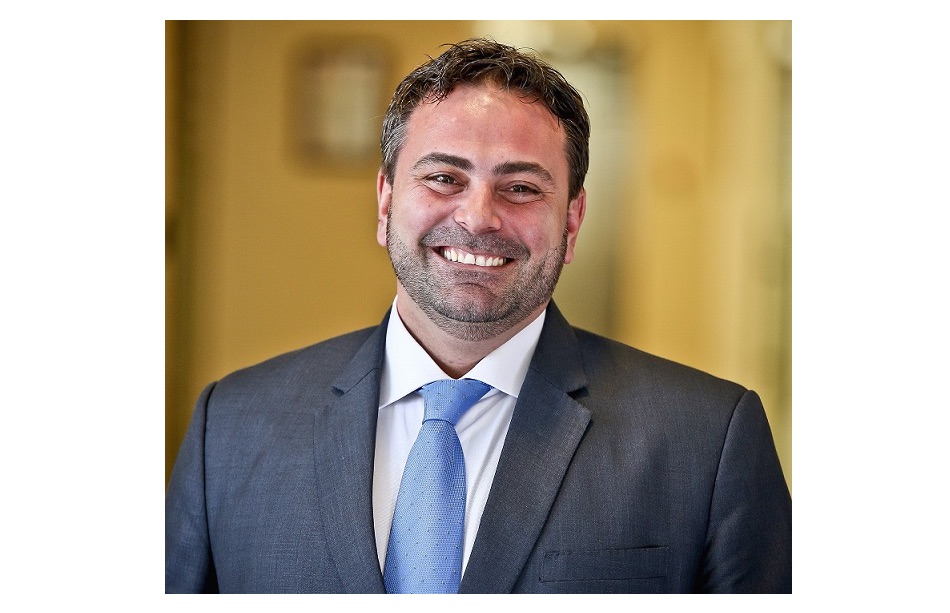
Dubai Carbon Future is in Waste
Dubai Carbon’s District Waste Proposal has made it to the final round of interview in the Spring Version of Dubai Future Accelerators 2017, it was announced today.
Challenging conventional wisdom, Dubai Carbon proposes the transformation of the current waste rooms in buildings and communities into material recovery facilities. These facilities would work under a cookie dough cutter approach, whereas all tools and processes would be provided out of the box to facilitate the behavioural transition.
Dubai Future Accelerators (DFA) is a unique program which provides a dynamic environment where companies and entities can explore new opportunities to deliver transformative technologies and services, culminating in companies receiving a MOU (or other commercial agreement) to deliver a funded pilot project from the government of Dubai.
Dubai Carbon estimates that a family in Dubai has to pay indirectly for the cost of waste management either through service fees allocated by owners’ associations or via Municipality Fees. The government entity approximates the cost of waste collection for an average household to be in the range of AED 7,500 per year (6 weekly scheduled collections at AED 24 per collection). Under the new regime, households would generate AED 2000 instead, thus creating a positive change of almost AED 10 per household.
“The concept of district waste that we have proposed, is in response to the challenge set by Dubai Municipality. Here in the region waste is often looked at as a problem because of the negative stigma given to itself. It is often dealt with conservativism and proverbially swept under the carpet. However, Dubai Carbon firmly believes that the resource recovery rates and efficiencies are often lost to the benefit of a very cash rich industry that has no benefit in reducing waste. Community waste challenges conventional wisdom and works towards redesigning the entire waste value chain to maximize efficiency and engagement. The idea of submitting our concept of Community Waste came from the initial award we won at the X-Challenge, which was held by the Ministry of Finance” commented Ivano Iannelli, CEO of Dubai Carbon.
Dubai Carbon firmly believes that most waste streams can be recovered, however due to the vast majority of waste being of organic nature, current waste practices have always had to plan for non-recyclables in scheduled collections to avoid foul smelling decay. This is further relevant to other ongoing initiatives country wide looking at reducing food waste.
Bringing the waste cycle closer to the waste generator (end user), allows for a greater synergy. The end user and its domestic staff are then part of the process and can visibly and tangibly avail of benefits and incentives.
“Our vision is simple, transform food waste and organics into a fuel source, and decentralize waste management to the communities, allowing them to manage the economic value of resource recovery, thus making the communities compete and compare, while avoiding unnecessary costs and resources,” added Iannelli.
Dubai Carbon clearly sees benefits to its community waste management proposal, for instance the avoidance of truck collections (AED 500+ per truck load) and landfill dumping fees (10-120 AED per ton). Other benefits include lower CO2 from managed transportation, and higher economic value from the sale of recyclables. The government entities also propose the manufacturing of RDF to be sold as coal replacement fuel, while developing first of its kind Engineered Solid Fuels (ESF).
Dubai Carbon supposes that its approach is very suited to the region and Dubai, as it allows the owners associations, businesses and others to become a direct stakeholder in the initiative. Just like Union Cooperatives, the legal entity will distribute pro-rata dividends and rewards to its registered stakeholders.



























